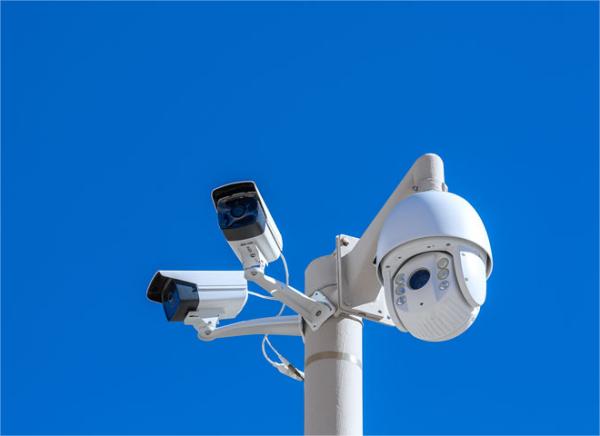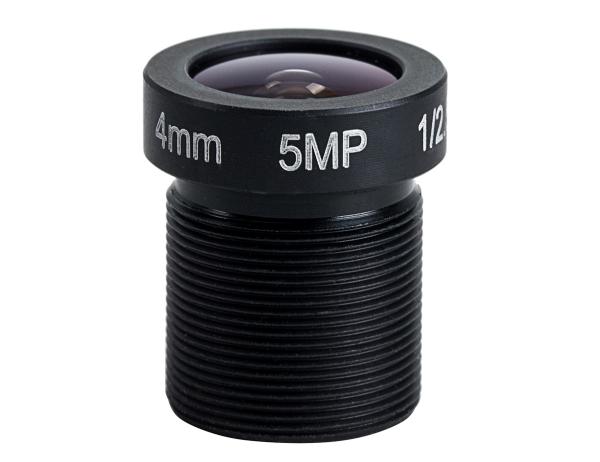As we all know, cameras play a very important role in the field of security monitoring. Generally, cameras are installed on urban roads, shopping malls and other public places, campuses, companies and other places. They not only play a monitoring role, but are also a kind of security equipment and sometimes are also a source of important clues.
It can be said that security surveillance cameras have become an integral part of work and life in modern society.
As an important device of the security monitoring system, the security surveillance lens can obtain and record the video picture of a specific area or place in real time. In addition to real-time monitoring, security monitoring lenses also have video storage, remote access and other functions, which have been widely used in various fields of security.
The security surveillance lenses
1、The main composition of security surveillance lens
1) Focal length
The focal length of a security surveillance lens determines the size and clarity of the target object in the image. The short focal length is suitable for monitoring a wide range and the distant view is small; the long focal length is suitable for long-distance observation and can enlarge the target.
2) Lens
As an important component of the security surveillance lens, the lens is mainly used to control the field of view angle and focal length to capture target objects at different distances and ranges. The choice of lens should be determined based on specific needs. For example, wide-angle lenses are mainly used to monitor large areas, while telephoto lenses are used to monitor distant targets.
3) Image Sensor
The image sensor is one of the core components of the security surveillance lens. It is responsible for converting optical signals into electrical signals for capturing images. There are two common types of image sensors: CCD and CMOS. Currently, CMOS is gradually taking the dominant position.
4) Aperture
The aperture of a security surveillance lens is used to adjust the amount of light entering the lens and control the brightness and depth of the image. Opening the aperture wide can increase the amount of light entering, which is suitable for monitoring in low-light environments, while closing the aperture can achieve a greater depth of field.
5) Turning mechanism
Some security surveillance lenses have a rotating mechanism for horizontal and vertical swing and rotation. This can cover a wider range of monitoring and increase the panorama and flexibility of monitoring.
Security surveillance lens
2、Optical design of security surveillance lenses
The optical design of security surveillance lenses is a very important technology, which involves the focal length, field of view, lens components and lens materials of the lens.
1) Focal length
For security surveillance lenses, focal length is a key parameter. The choice of focal length determines how far away the object can be captured by the lens. Generally speaking, a larger focal length can achieve tracking and observation of distant objects, while a smaller focal length is suitable for wide-angle shooting and can cover a larger field of view.
2) Field of view
The field of view is also one of the important parameters that needs to be considered in the design of security surveillance lenses. The field of view determines the horizontal and vertical range that the lens can capture.
Generally speaking, security surveillance lenses need to have a larger field of view, be able to cover a wider area, and provide a more comprehensive surveillance field of view.
3) Lens components
The lens assembly includes multiple lenses, and different functions and optical effects can be achieved by adjusting the shape and position of the lenses. The design of lens components needs to take into account factors such as image quality, adaptability to different light environments, and resistance to possible interference in the environment.
4) Lens materials
The material of the lens is also one of the important factors to consider in optical design. Security surveillance lenses require the use of high-quality materials, excellent optical properties and durability. Common materials include glass and plastic.
Final Thoughts
If you are interested in purchasing various types of lenses for surveillance, scanning, drones, smart home, or any other use, we have what you need. Contact us today to learn more about our lenses and other accessories.
Post time: Apr-30-2024





